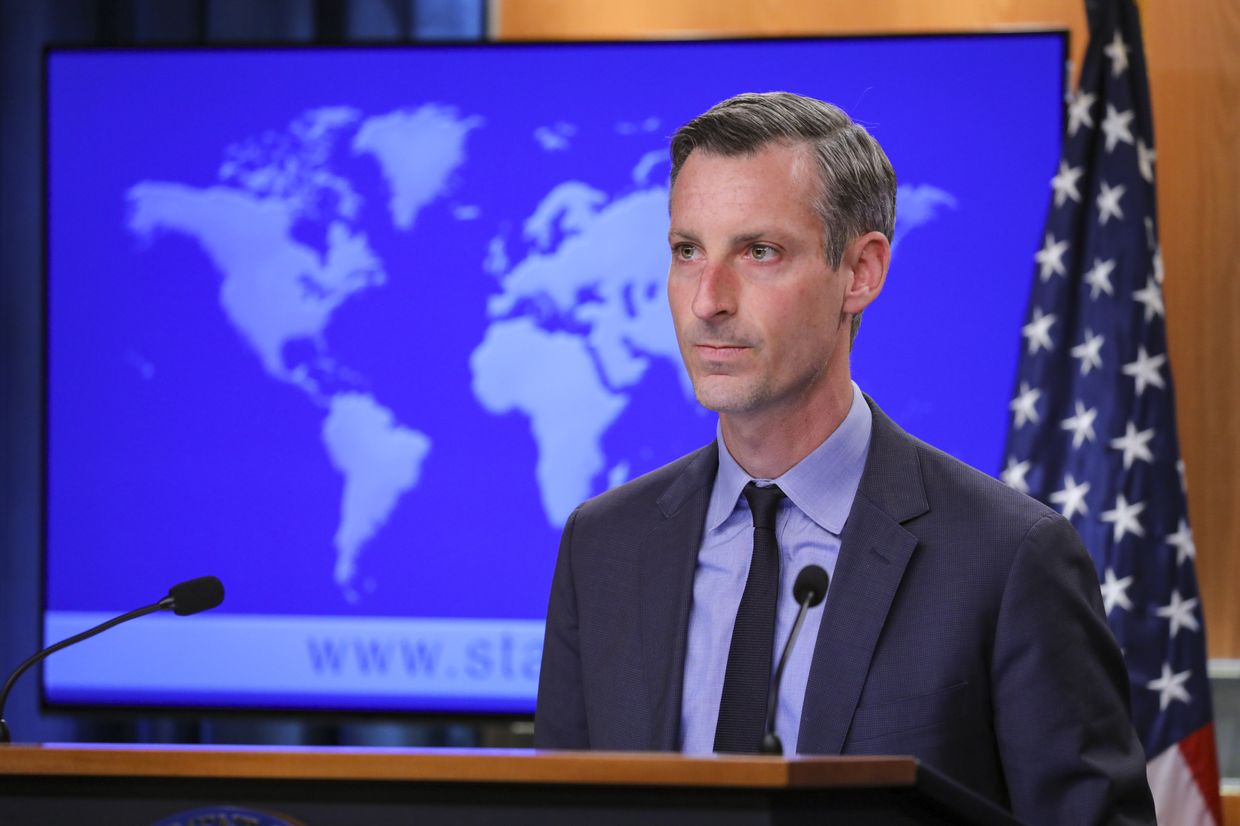Moldova to hold referendum on joining EU in October

The Moldovan parliament on May 16 approved holding a referendum on Oct. 20 on the country's accession to the EU.
The date of the referendum coincides with the upcoming presidential election.
The European Council agreed to open accession talks with Ukraine and Moldova last December. Chisinau has moved closer to Europe over recent months amid repeated warnings that the Kremlin is attempting to carry out a destabilization campaign inside the country's borders.
Moldova's current leader, President Maia Sandu, is a pro-European politician who condemned Russia's invasion of Ukraine and sought to remove Moldova from Russia's sphere of influence. She intends to run for reelection this year.
The referendum question will not simply ask whether Moldovans support joining the EU. Instead, voters will be asked to respond "yes" or "no" to whether they support introducing European integration into the Constitution of Moldova.
Members of pro-Russian opposition parties don't support President Sandu's bid for EU accession. The newly established pro-Russian bloc, dubbed "Victory," met with Moldovan politician and oligarch Ilan Shor in Moscow this year to strategize a challenge to Sandu and her pro-European government in upcoming presidential and parliamentary elections.
Andrei Spinu, Moldova's minister of infrastructure and regional development, railed against the newly formed bloc's attempts to influence the upcoming Oct. 20 presidential election.
Tensions between Moscow and Chisinau have been mounting since February 2022 amid fears that the war may spill into Moldova via Transnistria, a Moldovan territory occupied by Russian troops since the early 1990s.
Alexandru Musteata, the head of the Moldovan intelligence agency (SIS), has warned that SIS possesses "certain information" about Russia's destabilization campaign in the next two years designed to compromise Chisinau's European integration and draw the country back into the Kremlin's orbit.














